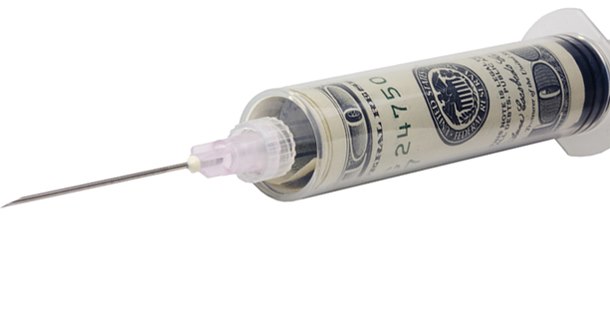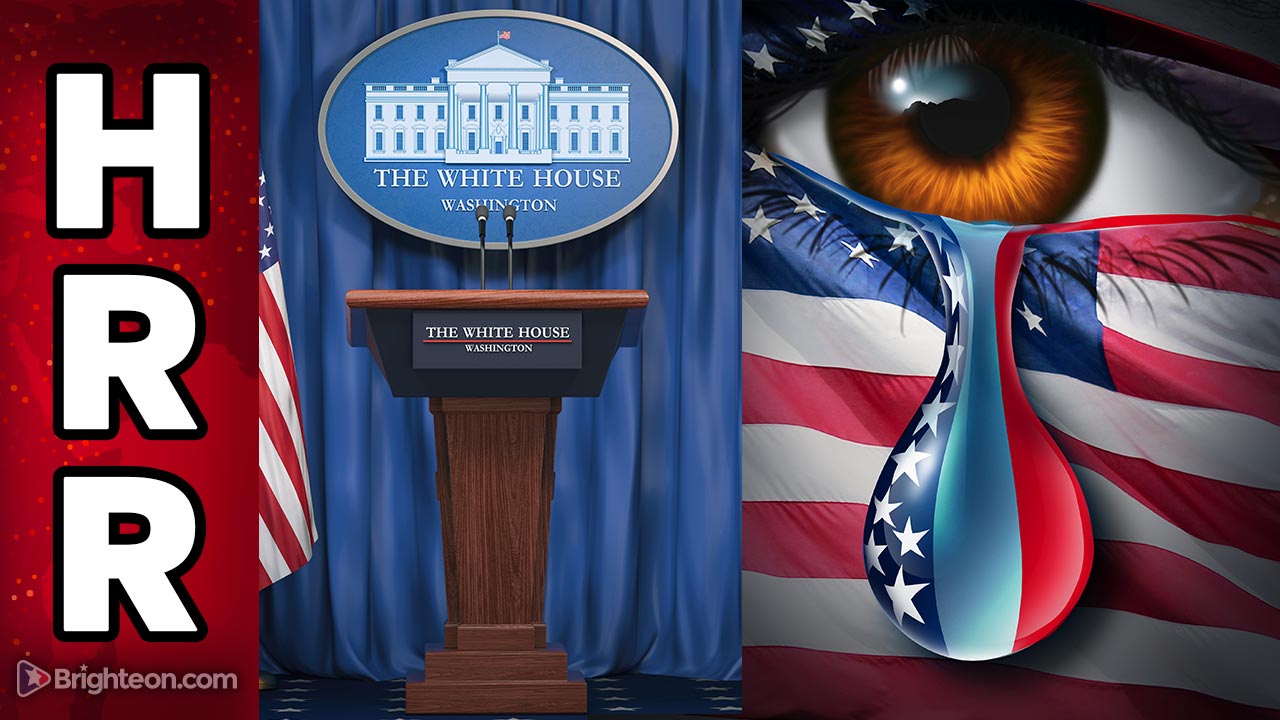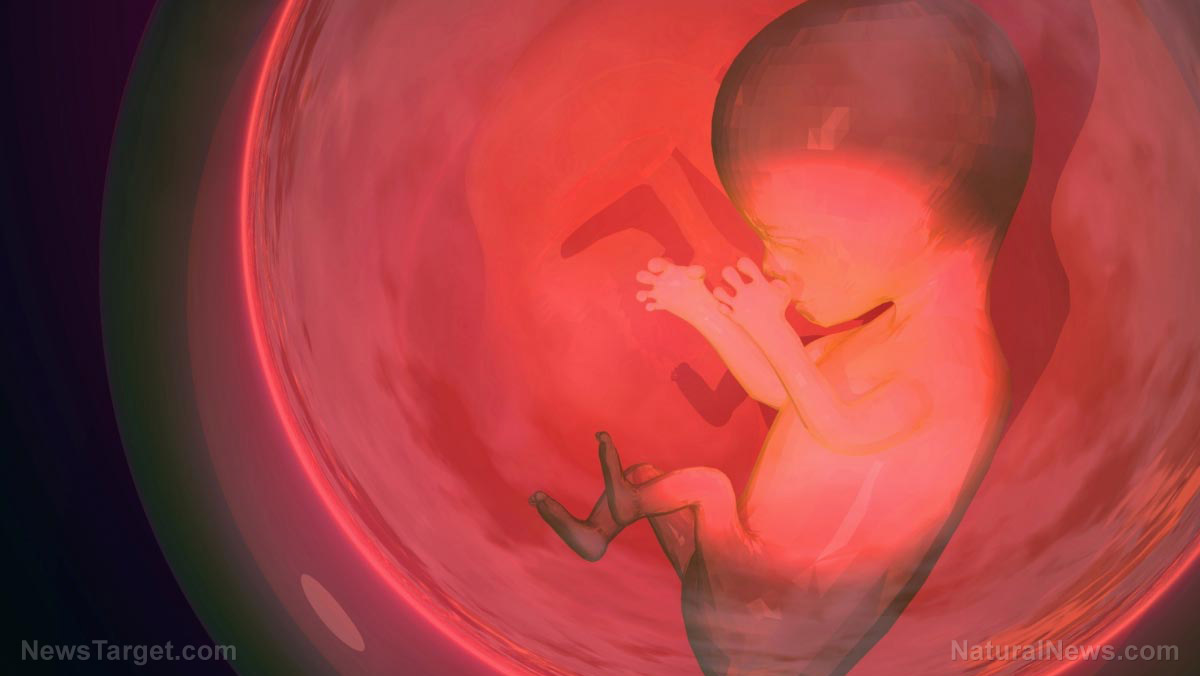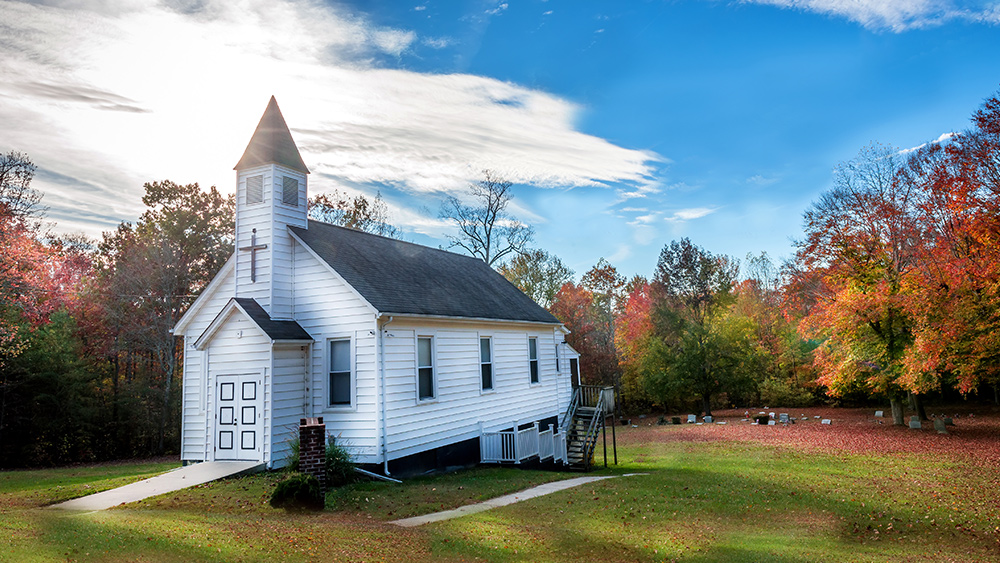 Parler
Parler Gab
Gab
Vaccination bribe cheaper than COVID-19 tests
According to the governor, the potential cost of offering the incentive to a demographic proving to be more resistant to vaccination is significantly lower than the $75 million spent by the state on testing people for COVID-19 over the past year. Justice said the idea had been vetted "every way that we possibly can" to make sure the plan is feasible. He understood not all would agree with his approach. "But if I'm able to pull this off and we are able to shut this down for the small price of $27.5 million, I would tell those critics to kiss my butt," Justice said. Of the nearly 1.5 million West Virginians eligible for the shots, 52 percent have received at least one dose. But vaccinations in the state have waned in recent weeks, leaving the state short of its goal of immunizing more than 70 percent of residents. "If we really want to move the needle, we've got to get our younger people vaccinated," Justice said. "If we can get to 70 percent, we'll shut this virus down. If we do that, the masks go away, the hospitalizations go away and the deaths become minimal." A spokesperson for the governor said they're still figuring out the details of the $100 savings bond plan, including when young people can expect the money.COVID-19 vaccine incentives range from free drink to job retention
The lure on offer in West Virginia is among a multitude of incentives being dangled by states, schools, hospitals and employers. Connecticut Governor Ned Lamont on Monday touted a two-week program where adults can get a free drink at specific restaurants if they show their vaccination card. The partnership with the Connecticut Restaurant Association is set to start on May 19 to coincide with the lifting of restrictions on businesses across the state. Detroit's Wayne State University is adding $10 to the student accounts of those vaccinated while the University of Iowa is offering its inoculated students $10 gift cards good for use in downtown Iowa City. After offering cash incentives earlier in the year, Texas hospital system Houston Methodist is now telling its 26,000 employees that they must get vaccinated by June 7 to keep their jobs. Dr. Amesh Adalja of the Johns Hopkins University's Center for Health Security said the U.S. is no longer a supply-constrained nation when it comes to the COVID-19 vaccine. The country is now a demand-constrained nation. He thinks incentives will become both more necessary and more common. "It's unfortunate that it has come to this, that we're having difficulties getting people to be vaccinated," Adalja said. "I do think that giving people incentives to get vaccinated, especially the vaccine hesitant, especially among those groups who are seeing higher rates of infection, is going to be important."Deaths, adverse events and Big Pharma narrative contribute to vaccine hesitancy
Perhaps, it's more important to know the reason for their hesitancy. As of April 26, the Vaccine Adverse Event Reporting System (VAERS) has recorded 3,848 reports of death among people who received a COVID-19 vaccine. There are also reported cases of severe adverse events, such as a rare case of blood clots in the brain called cerebral venous sinus thrombosis (CVST). The recommended pause for the Johnson & Johnson COVID-19 vaccine by the Centers for Disease Control and Prevention (CDC) and the Food and Drug Administration (FDA) on April 13 may have also contributed to vaccine hesitancy. (Related: US military halts use of Johnson & Johnson vaccine amid blood clot reports.) It also doesn't help that Big Pharma executives are already endorsing annual booster shots. Pfizer CEO Albert Bourla said earlier this month that people will likely need a booster shot – or third dose – of the COVID-19 vaccine within 12 months of getting fully vaccinated. He also said people will possibly need to get an additional shot each year. BioNTech co-founder and chief medical officer Dr. Ozlem Tureci agreed with him. Johnson & Johnson CEO Alex Gorsky started using the narrative in February when he told CNBC that people may need to get vaccinated against COVID-19 annually, just like seasonal flu shots. Moderna CEO Stephane Bancel also said in a recent interview on CNBC's "Squawk Box" that annual COVID vaccine boosters will be commonplace going forward, saying the coronavirus "is not going away" and it's "not leaving the planet." Big Pharma executives essentially admitted that their COVID-19 vaccines are not going to give people long-term immunity from SARS-CoV-2, the virus that causes COVID-19. West Virginian Benjamin Sites, who belongs in the 16 to 35 age bracket, pretty much sums up the sentiment of those who don't want to get vaccinated. "I don't feel as though it's safe, and I don't feel that I'm at risk," he said. Follow Immunization.news for more news and information related to coronavirus vaccines. Sources include: Fox5DC.com CBSNews.com CDC.gov CNBC.comDeborah Birx hid covid info from Trump, altered CDC guidelines without approval
By Ethan Huff // Share
Germany’s birth rate improbably falls by 11% in the first quarter of 2022
By Lance D Johnson // Share
By Mary Villareal // Share
Common signs and symptoms of magnesium deficiency
By Olivia Cook // Share





